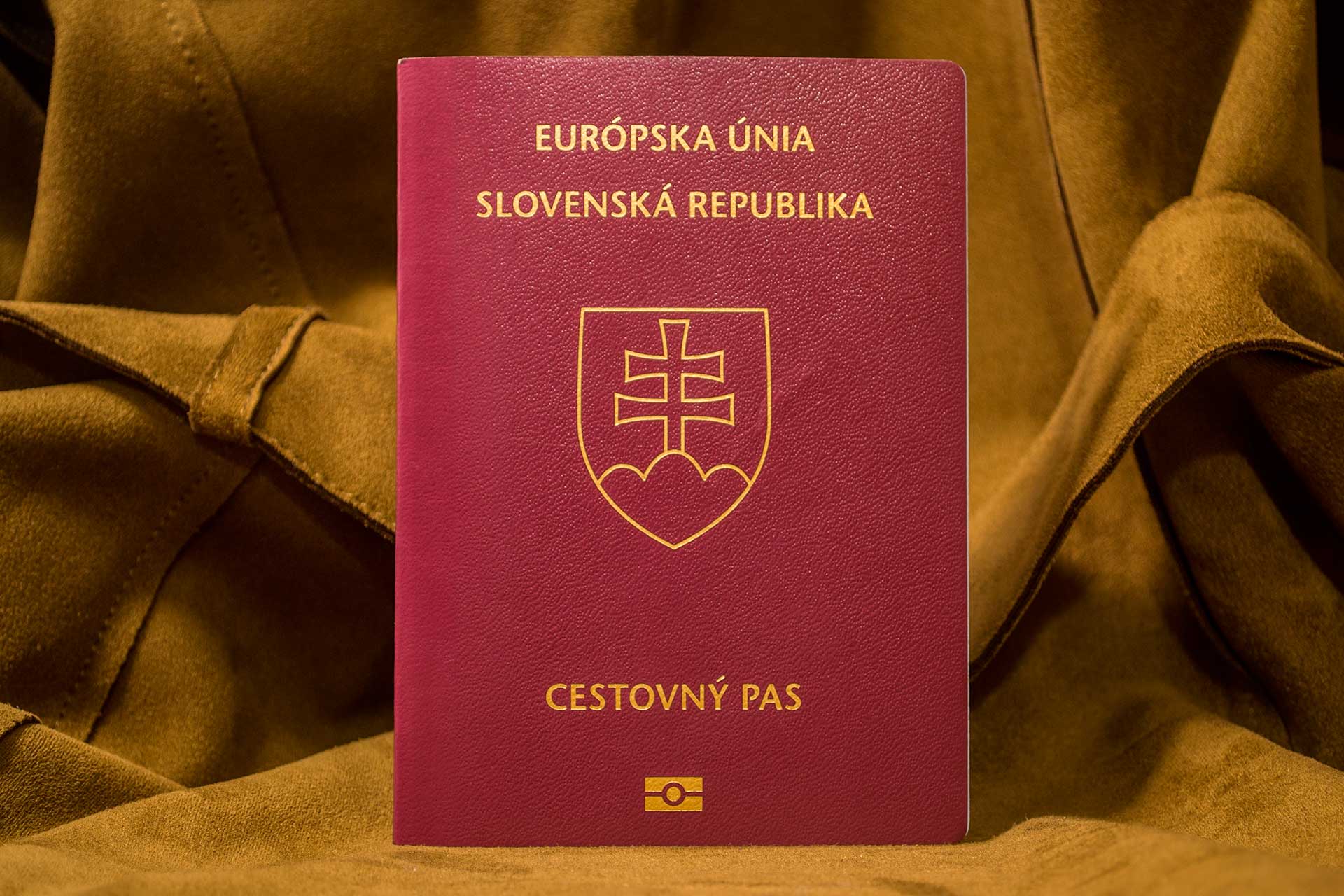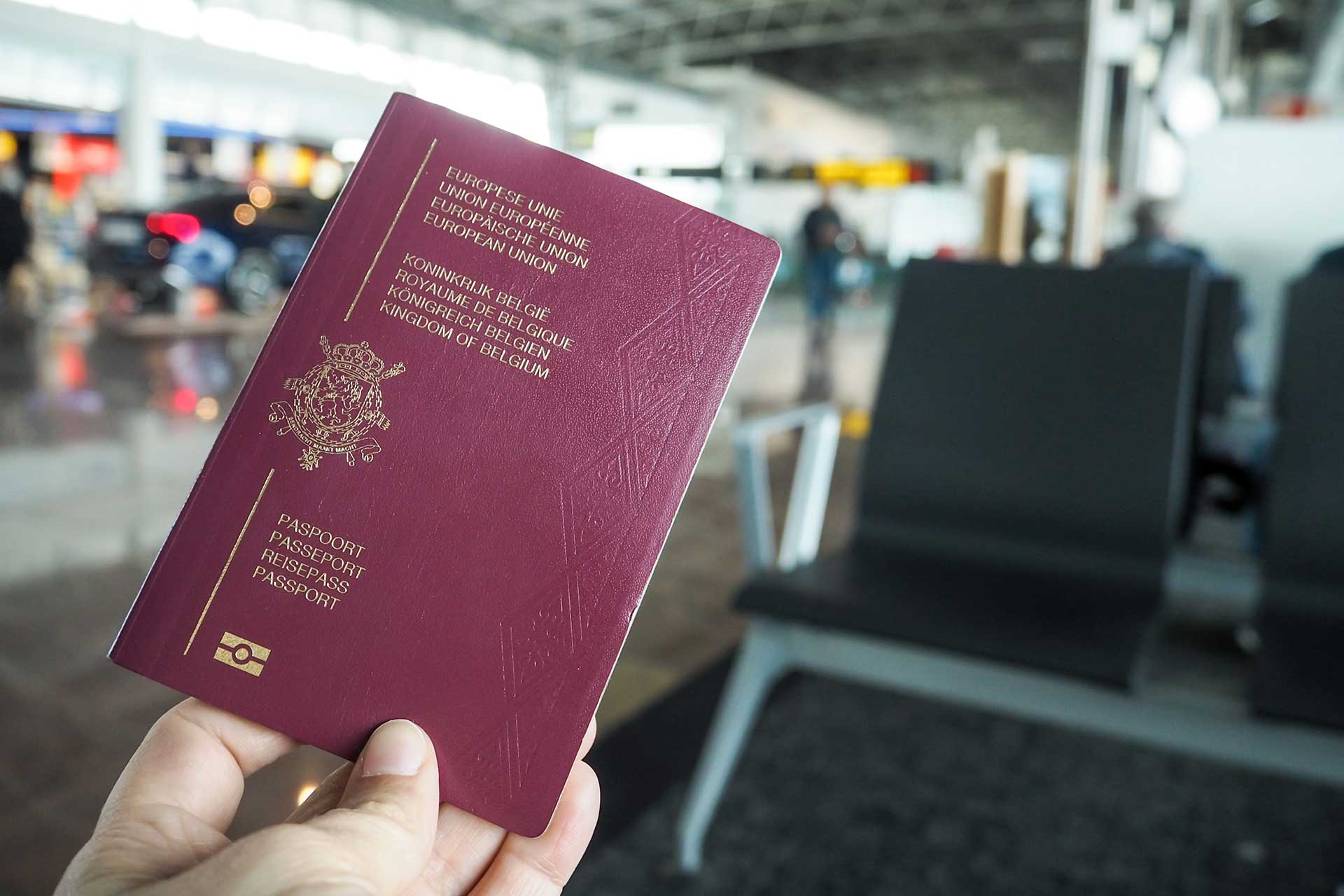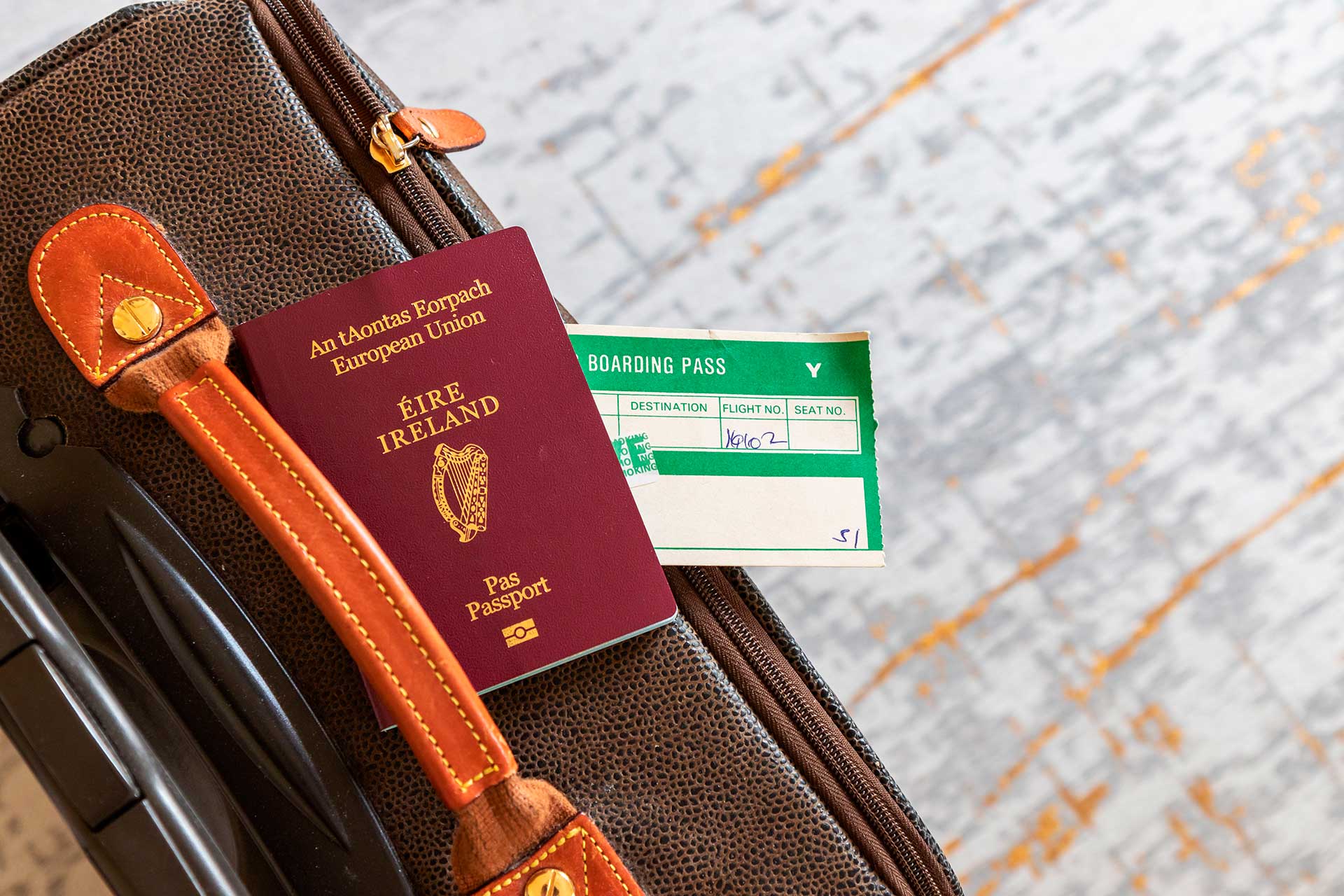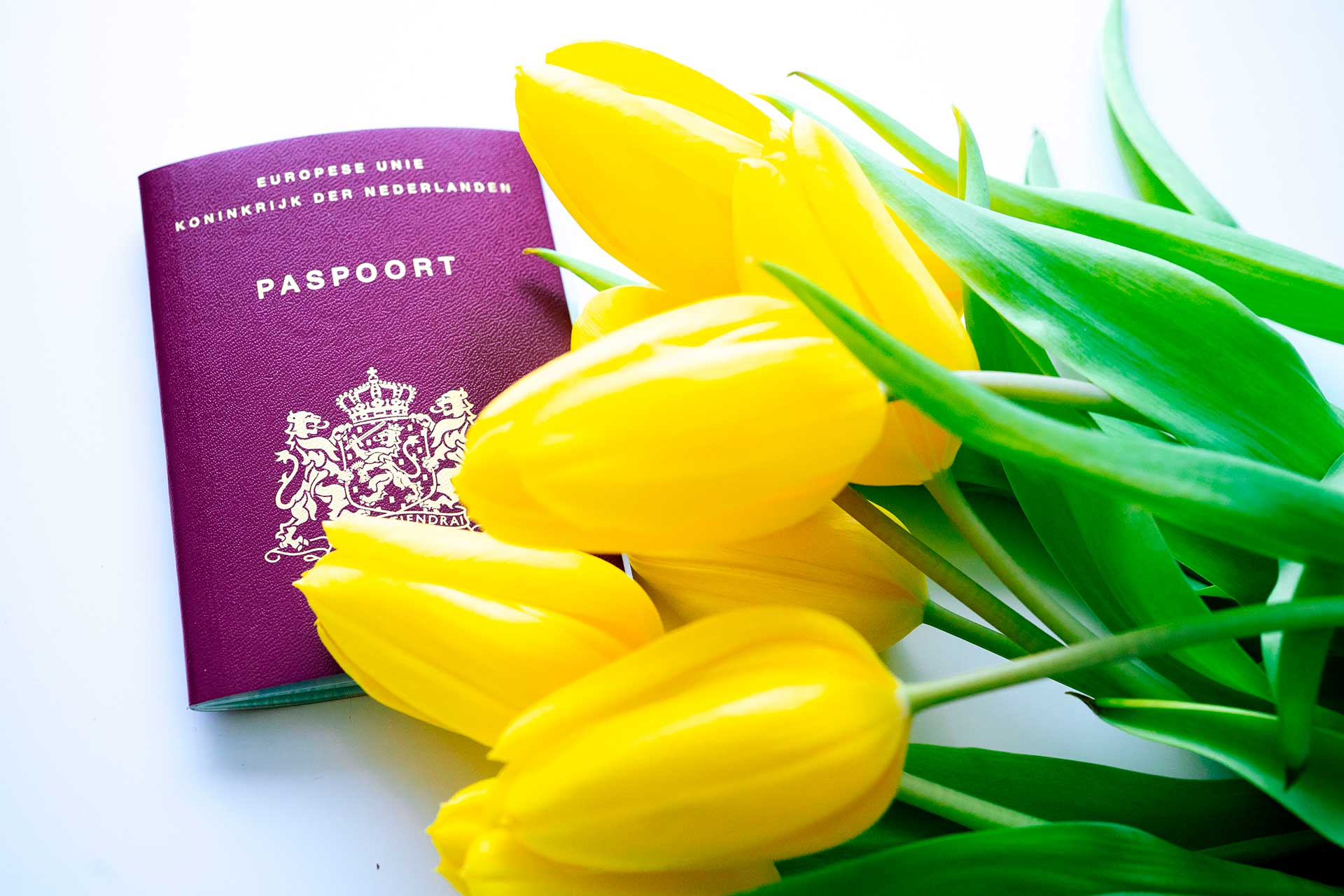- Advantages of Austrian citizenship
- Main ways of obtaining an Austrian citizenship
- Requirements and procedure for obtaining citizenship of Austria
- How much time and money it takes to obtain an Austrian citizenship
- What doesn't work: How you can't get an Austrian passport
- Dual citizenship in Austria: whether it is allowed to hold more than one passport
- Where to get a second passport faster and easier: an overview of alternatives
Austrian citizenship is granted to foreigners who have lived on the territory of the republic for 10, 15 or 30 years. The obligatory conditions for naturalization are knowledge of the German language, historical and cultural peculiarities and the basics of the legislation of the state, as well as the absence of serious problems with the law. For some categories of applicants, such as EU passport holders or Austrian spouses, the established residency requirement is reduced to 6 years. The procedure for obtaining Austrian citizenship is regulated by the provisions of the Citizenship Act (Staatsbürgerschaftsgesetz).
Stable economy, access to quality medicine and education, high standard of living (11th place in the world according to Numbeo rating) are only some of the advantages that make the republic popular among immigrants. Also, every holder of an Austrian national document enjoys all the privileges that EU citizenship provides, including visa-free travel, the ability to live, work and conduct commercial activities in any state of the association.
Advantages of Austrian citizenship
Holders of an Austrian passport, unlike permanent residents of the Republic, have access to a full list of rights and privileges in the EU, including participation in elections. Also among the advantages that citizenship provides are:
- visa-free travel to more than 160 countries (Austria ranks 3rd in the world passport strength ranking);
- consular assistance and diplomatic protection when traveling abroad;
- the possibility to apply for social benefits and allowances, for example, unemployment benefits;
- the right to live, work and develop business in any of the EU states;
- the possibility to inherit your status and take advantage of the family reunification program, under which close relatives can also immigrate to Austria;
- access to quality medical care, which is confirmed by the 6th place of the state in the world ranking of the Health Protection Index;
- the right to purchase any real estate, including mortgage lending on more favorable terms compared to non-residents of the country;
- access to prestigious education, benefits and scholarships (Austrian universities are among the best universities in the world according to QS World University Rankings 2025).
Despite the numerous advantages, the main disadvantage of immigration to Austria is the duration of naturalization. If you want to become a holder of European citizenship as soon as possible, seek the help of international law lawyers for the best solution. You will learn the details of alternative ways of acquiring an EU passport during a free consultation with migration specialists.
Main ways of obtaining an Austrian citizenship
According to local legislation, Austrian citizenship is granted by descent, but other ways are relevant for foreigners - through marriage, naturalization, investment or repatriation.
Naturalization
To acquire an Austrian passport by standard naturalization, it is necessary to stay legally in the republic for 10 years. Subject to effective personal and professional integration into society (for example, volunteering, activities in education or health care), the period can be reduced to 6 years. Among the key grounds for obtaining a residence permit and potentially applying for citizenship are the following:
- Work. In order to carry out labor activity it is necessary to obtain a residence permit on the basis of a contract with an Austrian employer. The applicant must receive a fixed income, the amount of which depends on the profession (monthly from 1273 EUR). Proof of qualifications, professional experience, language skills may be required. The permit is issued for 2 years, then it becomes possible to apply for a Red-White-Red Card Plus, valid for 3 years, and then to apply for permanent residence and citizenship according to standard naturalization.
- Highly qualified professional activity. In order to qualify for the EU Blue Card, it is necessary to have an employment contract for a period of at least 6 months, where the annual salary of 51,500 EUR or more is specified. The applicant must also provide proof of higher education obtained or at least 3 years of work experience in the field of his/her employment. The Blue Card is issued for a period of up to 2 years, but not longer than the duration of the work contract. The authorization can be continued for a similar period or a Red-White-Red Card plus 3 years can be issued.
- Startup foundation/innovation activity. Foreigners wishing to start a company to carry out innovative activities can request a Red-White-Red Card. In order to apply for it, it is necessary to prove investment capital of EUR 30,000 or more, submit a business plan, and score 50 points or more on established indicators (qualifications, experience, language skills and other factors). The permit is issued for a maximum of 2 years, afterwards you can apply for the Red-White-Red Card Plus, valid for up to 3 years.
- Education. A residence permit is issued to those who are accepted to an Austrian university. Also, foreign students must have an income from 704 EUR per month, which will be available for the entire period of stay in the country, and health insurance. Parental consent (for minor applicants) will also be required. The document is issued for one year. To extend it until the completion of studies, it is necessary to provide evidence of academic performance. Further it is allowed to obtain a residence permit for 12 months for employment/business opening, then it will be necessary to apply for a residence permit on a new basis.
- Family reunification. Spouses, registered partners, minor children can obtain a residence permit on the basis of family kinship with persons legally residing in Austria. The validity of the document depends on the length of the host country's authorization and can be extended. The sponsor must prove sufficient funds (2010 EUR per month for a couple and additional 196 EUR for each of the children), housing, joint health insurance. The applicant's family members must know German at a basic level. After 5 years of residence in the territory of the Republic, holders of residence permit can obtain a residence permit and subsequently become Austrian citizens by naturalization.
- Marriage. In order to obtain a residence permit, a foreigner who is married or in a registered partnership to an Austrian citizen must prove that he or she has a home and an appropriate income, as well as German language skills. In addition, the applicant must provide a marriage certificate and proof of the spouse's Austrian citizenship. The initial permit is valid for one year and can be renewed. Then you are entitled to apply for a three-year residence permit, and at the end of it - to request a permanent residence permit. One year after that, you are allowed to apply for citizenship by simplified naturalization.
- Financial independence. The residence permit is available to foreigners who want to live in Austria and do not plan to work. To obtain this permit you will need proof of financial security (from 2548 EUR per month), availability of housing in the country and health insurance, German language skills at A1 level. A residence permit without the right to employment/business is issued for one year with the possibility of renewal an unlimited number of times. The owner of such a residence permit in the future has the right to apply for a permanent residence permit and an Austrian passport.
Investments
Self-employed persons whose activities will be beneficial to the country's economy can apply for a residence permit followed by an Austrian passport. To apply for the Red-White-Red Card, one of the following conditions must be met:
- availability of investment capital in the amount of EUR 100,000 or more;
- creation of new jobs or preservation of existing ones;
- introduction of innovative technologies;
- running a business of great importance for the region.
To assess compliance with the requirements for issuing a residence permit, the applicant provides a business plan, proof of transfer of investment capital, work permit (Gewerbeberechtigungen) or other evidence. The red-white-red card is valid for 2 years, after which you can obtain a settlement permit (Niederlassungsbewilligung) valid for 3 years. You will then have the opportunity to apply for a residence permit. Citizenship is granted after 10 years of residence in Austria if the conditions for standard naturalization are met.
Get EU citizenship fast and easily
Learn how to become an EU citizen through simplified programs
Repatriation
Victims of National Socialist persecution, as well as their direct descendants, can obtain Austrian citizenship in a simplified way. The advantage of this program is the absence of the need to speak German, to prove the existence of means of subsistence, as well as to reside in the territory of the republic. The main requirement for passport applicants is proof of origin (Austrian or the successor state of the Austro-Hungarian Empire).
The request for restoration of citizenship is submitted to the country's embassy abroad without having to pay fees. If you reside in Austria, the documents proving your right to repatriation are sent to the Immigration and Nationality Department of Vienna (MA 35). You can check the status of your case and find out the details of the procedure online. If the request has been approved, you will acquire citizenship retroactively from the date on which the responsible authority receives your file.
Requirements and procedure for obtaining citizenship of Austria
The granting of citizenship of the Republic of Austria to foreigners is conditional on their fulfilling all naturalization requirements, including submitting the application in person and residing in the country for a specified period of time. The composition of the dossier depends on the specific situation and the applicant's place of residence. Among the standard documents you will need are:
- passport;
- proof of residence registration;
- certificate of absence of a criminal record;
- bank statements, a work contract with a specified salary or other proof of stable and regular income;
- results of a citizenship test demonstrating knowledge of the constitution, history and basic principles of the country;
- certificate of proficiency in the German language;
- certificate of renunciation of previous citizenship.
Documents issued by foreign authorities are submitted in the original along with a notarized translation; in some cases, an apostille may be required. The path to an Austrian passport under standard naturalization will consist of the following steps:
- Request for a long-term D visa. The visa is applied for at an Austrian consulate abroad. In addition to the application, you will need a passport, a 35 x 45 mm photo, a health insurance policy, proof of funds for the planned stay. You will also need to pay the visa fee (150 EUR), provide proof of the purpose of stay (employment contract, bank statement, self-employment registration). The request is considered within 15-45 days.
- Registration of residence permit. A residence permit is requested at the Austrian consulate abroad or at the district administration on the territory of the Republic. To obtain a permit it is necessary to have sufficient income (from 1218 EUR per month), health insurance, housing (own or rented). From the documents you will need a passport, civil status certificates, as well as confirmation of the purpose of stay in the country (study, work, business and others), a receipt of payment of the fee (160 EUR). The permit is issued for a period of one year and can be extended for a similar period.
- Obtaining permanent residence. After 5 years of residence in Austria you can obtain the status of permanent resident of the EU, if the period of absence from the country does not exceed 10 months in total. The request is submitted to the district administration with the provision of passport, current photo, proof of income and availability of housing, payment of fees (210 EUR). The residence permit has no restrictions on the period of validity, but the document itself is subject to renewal every 5 years.
- Obtainment of citizenship. After 10 years of continuous residence on the territory of the Republic, you can apply for citizenship by applying to the relevant department of the federal state at the place of registration and paying a fee (130 EUR). Among the main conditions - knowledge of the German language, passing the naturalization test, absence of a criminal record. After a positive consideration of the case, you will have two years to renounce the previous citizenship to accept a new status in Austria with payment of the fee (from 950 to 1300 EUR). Fees may vary from one federal state to another.
- Issuance of an Austrian ID card and passport. Austrian identity documents (passport and ID-card) are issued at any passport office or consulate abroad on the basis of a citizenship certificate. The application must be submitted in person and fingerprinted. The cost of a passport is 76 EUR, ID-card - 61 EUR. The ID cards will be ready within 5-10 working days and delivered by post to your address in Austria.
The process of naturalization in Austria takes at least 10 years and requires serious financial expenditures. There are simpler ways of obtaining an EU passport, allowing you to achieve the desired result in a short period of time and opening access to a similar list of benefits. International law lawyers will help you choose the best option for moving to Europe, and will monitor compliance with all immigration procedures. You will learn about the details of the simplified method of acquiring citizenship during a consultation with specialists.
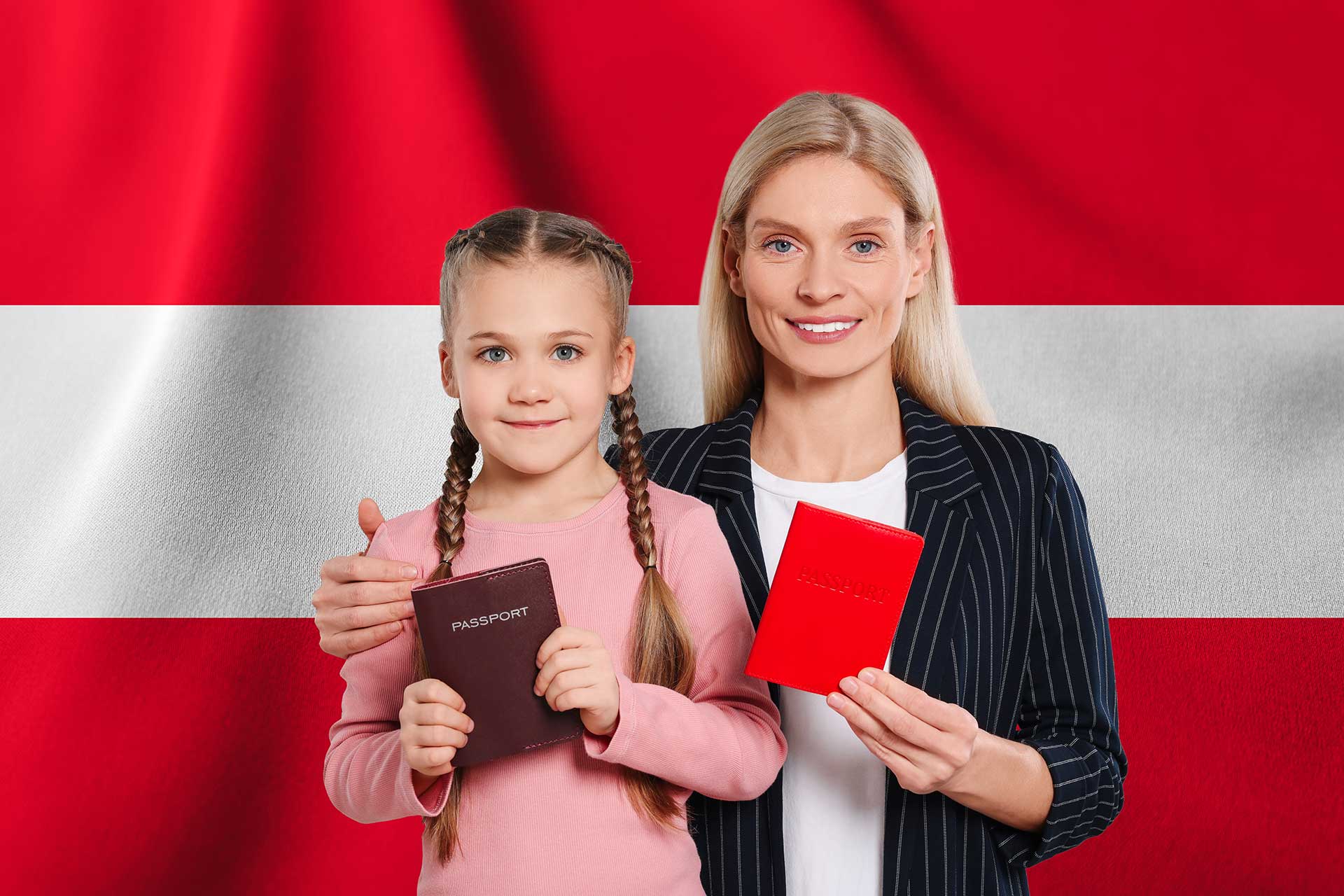
How much time and money it takes to obtain an Austrian citizenship
The price of Austrian citizenship varies depending on the chosen method of immigration. In the case of standard naturalization, you have to pay administrative fees for visa, residence permit and permanent residence, citizenship, passport and ID-card. The total amount that will be needed to cover the administrative fees is about 2760 EUR. In addition to these fees, you will need to pay tax, the amount of which is determined based on your income, but does not exceed 864 EUR.
You should also take into account additional expenses for translation and legalization of documents (about 10-15 EUR per page), taking a German language test (200 EUR on average). A significant part of financial expenses is the cost of living during the period of naturalization - from 6 to 30 years. Expenses for one person will amount from 1068 EUR per month, for a family of four - 3639 EUR. Monthly rent of a one-bedroom apartment will cost at least 709 EUR, three-bedroom apartments - from 1263 EUR.
Thus, the less time you spend on obtaining an Austrian passport, the lower the cost of immigration will be, so it is important to choose the best reason for moving to Europe. For example, there are no administrative fees for repatriation, and only the passport application requires costs. Marriage to an Austrian allows you to apply for citizenship after 6 years, so living expenses are reduced. The most expensive way in terms of time and finances is to obtain an Austrian passport after 30 years of permanent residence on the territory of the republic.
What doesn't work: How you can't get an Austrian passport
Guided by myths and misconceptions, some people try to simplify or bypass the procedures for acquiring Austrian citizenship in order not to spend 10 years on the standard naturalization process. Such actions will not lead to the desired result and may have serious legal consequences, up to and including deportation or imprisonment.
Below is a list of the most common misconceptions about the methods of obtaining an Austrian passport:
- Fictitious marriage to an Austrian entitles you to citizenship. Although there is a simplified citizenship procedure for spouses of Austrian citizens, the naturalization process will take at least 6 years. Even in the case of a legal marriage, you will only be able to count on a residence permit at first. In addition, each case is subject to a thorough check. If the marriage turns out to be fictitious, the foreigner will face revocation of status, deportation and further ban on entering the country. Both participants in the scheme can receive fines of up to 360-day rates or imprisoning up to 3 years.
- Acquisition of citizenship through the birth of a child on the territory of the country. According to Austrian law, citizenship is granted by descent if at least one of the parents holds a local passport. The birth of a child on the territory of the republic does not allow you to legalize your stay in the country. This myth may have arisen due to confusion with other countries where “soil law” applies, such as in the United States. Children born in Austria can claim citizenship provided they have lived in the country for at least 6 years by submitting an application.
- In order to obtain residence permit and citizenship, it is enough to buy real estate in the territory of the country. Unlike some EU countries, Austria does not allow you to apply for citizenship by purchasing an apartment, industrial premises or other property. Ownership of real estate does not affect the acquisition of residence permit or accelerate the naturalization process. The presence of housing, including rented housing, is only one of the requirements for the issuance of a settlement permit.
Attempts to use forged documents or implement illegal schemes to obtain an Austrian passport entail only negative consequences, including fines, deportation, ban on entry into the country. In some cases, violators may face imprisonment. Using the services of unscrupulous intermediaries, you will only lose time, money and, perhaps, freedom. Reviews of immigrants who have obtained citizenship in Europe, say that in order to acquire legal status, it is necessary to follow the established procedures and comply with the law.
If you want to get a customized solution for moving to Europe, take the help of international law lawyers. Specialists will find you the most suitable option for acquiring EU citizenship in 4-14 months, taking into account your preferences and specific situation. You can learn more about the possibilities of fast acquisition of EU passport during the consultation.
Get EU citizenship under a simplified procedure
Default Description

Dual citizenship in Austria: whether it is allowed to hold more than one passport
Austrian legislation does not allow dual or multiple citizenship. In most cases, foreigners undergoing the naturalization procedure cannot become holders of a second passport. An exception exists for children who acquire the status of bi-patriates, acquiring another citizenship by descent from the other parent or through birth in a country where the right of soil “ius soli” applies. In such a case, even after reaching adulthood, the child can retain both passports, including the Austrian passport.
Dual citizenship is possible if there is an agreement between the states. In particular, bipatrides, whose rights and obligations are recognized in both countries, may choose their place of military service and tax residence. Austria has no treaties on dual citizenship, its legislation strictly regulates bipatrism, prohibiting it in most cases.
Where to get a second passport faster and easier: an overview of alternatives
Austria is not the best choice for those who have decided to become the owner of two passports, because you will have to renounce the citizenship of your country during naturalization. Those who seek to expand the range of their rights should consider the alternative option of acquiring EU citizenship, which allows you to live and work in any state of the association, including Austria.
The most affordable paths to a European passport are offered by Romania, Slovenia and Bulgaria through repatriation programs. These countries allow obtaining a second citizenship in a relatively short period of time, provided that the relevant origin is confirmed.
If you contact migration specialists, you can become an EU passport holder in 4-14 months. Lawyers will help you to collect a complete dossier, will monitor the fulfillment of all legal requirements, including the timely submission of applications and correct completion. Many years of experience of our specialists, right strategy and individual approach to each case ensure guaranteed obtaining of a European passport. Start the immigration process now by booking a free consultation.

Mark Gartman
Migration lawyer
The lawyer of Futurepassports company, which specializes in international law. Advises on immigration issues and helps you find the best options to quickly obtain citizenship in EU countries.
“Immigration is not just a journey from one place to another, it is a journey from who you were to who you can become.”
